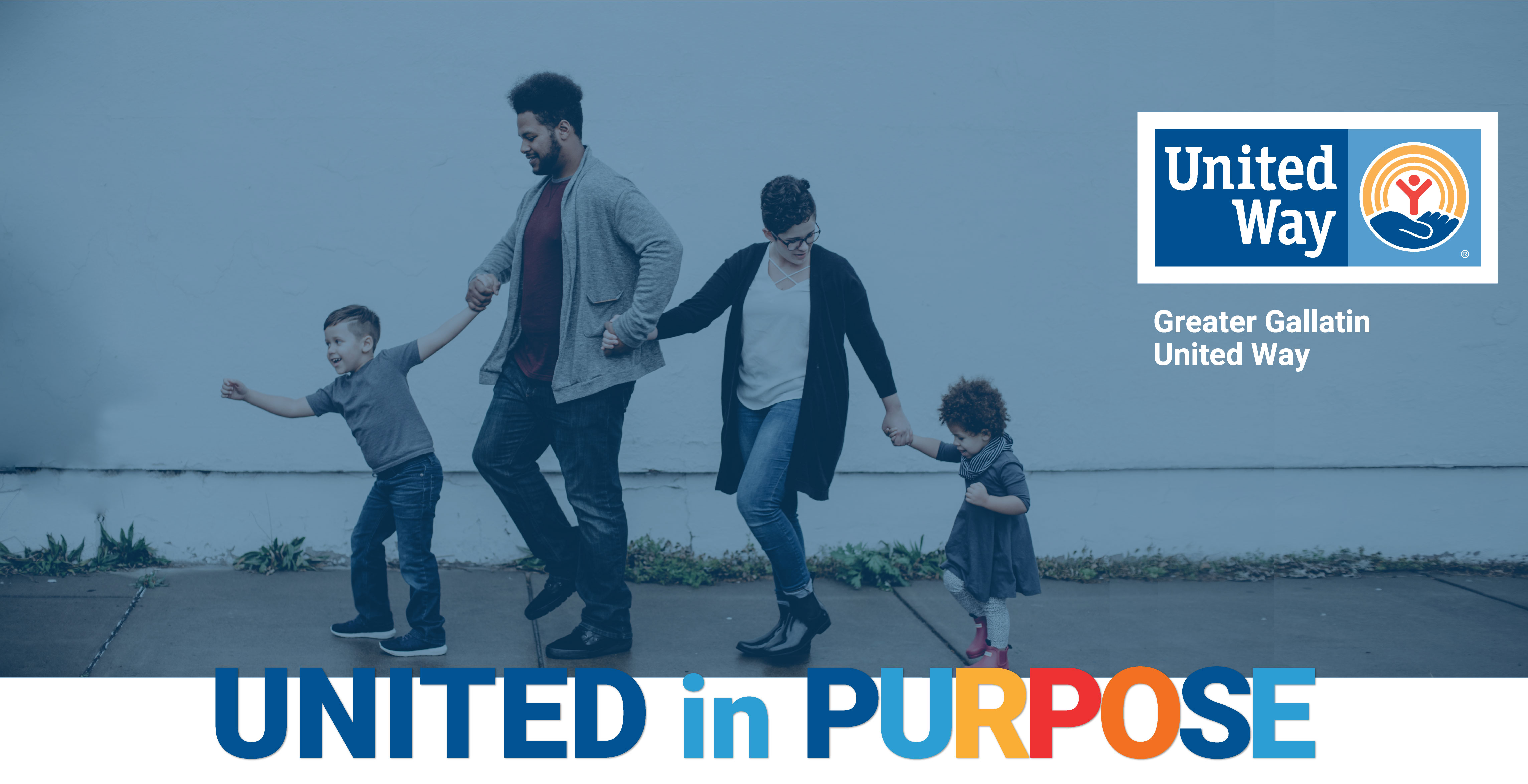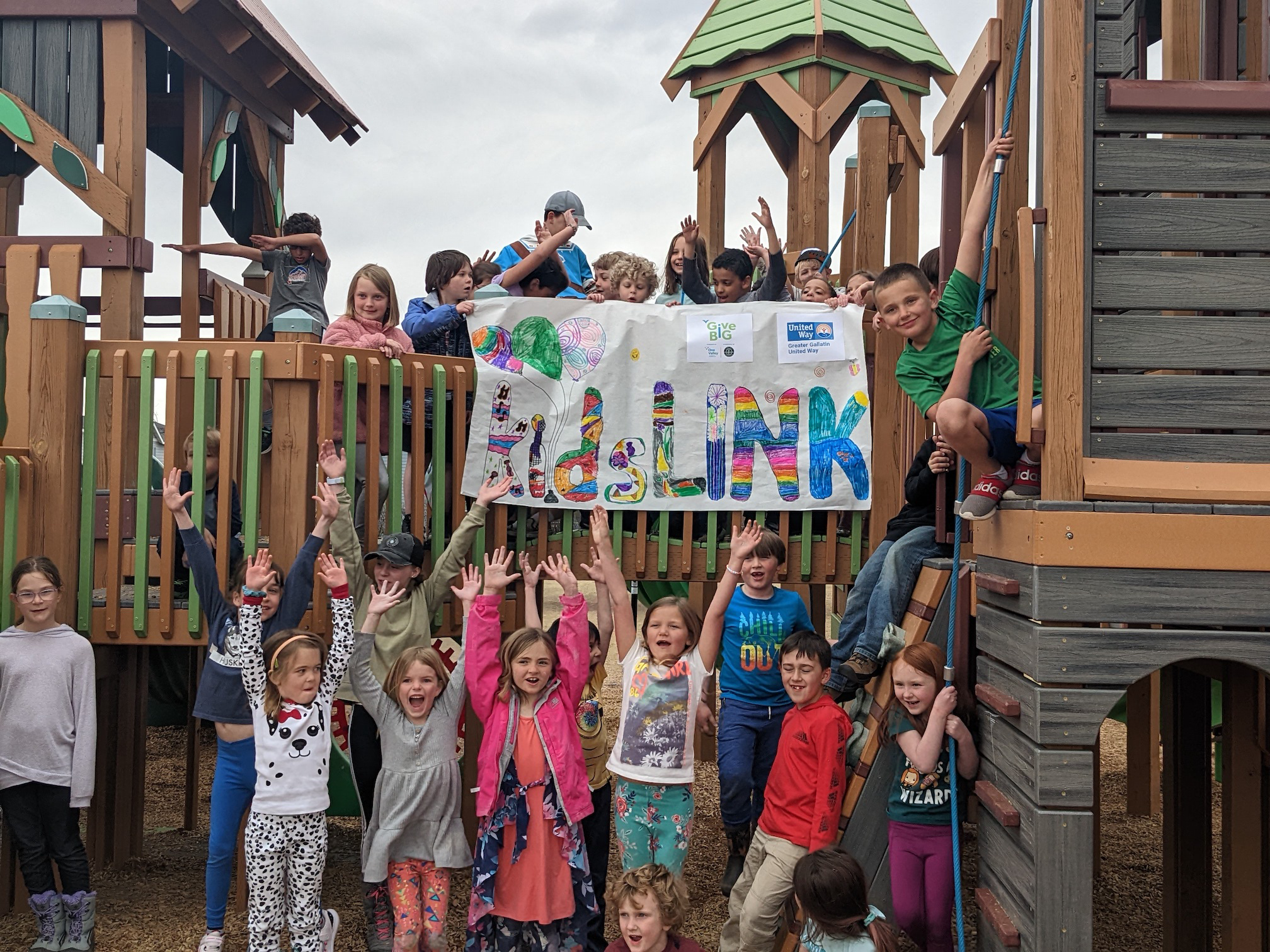
Our work as a staff and board reading, learning, and discussing justice and equity issues as a staff and board provides a refined framework for our allocations processes. This year, we've solidified improvements implemented in past years and implemented new strategies within the Community Impact process.
We have given thought to who are the most vulnerable in our community. Who is most impacted by sudden job loss, increased housing costs, lack of child care, etc.? Consideration of these populations has factored into our decision-making in order to make the most impact.
Priority populations:
- Families and single parents in need of childcare and out-of-school-time care
- People who are low income, experiencing homelessness, and others who are disproportionately economically impacted
- Black, Indigenous, people of color (BIPOC), LGBQT+ youth and adults, people with disabilities, seniors, and veterans
- Underserved people and communities, including people in precarious situations
- People struggling with anxiety, depression, suicide, and other mental health challenges
- We are also committed to building relationships with organizations led by and staffed by BIPOC.
In addition to clarifying priority populations, including the most vulnerable in our community, we are serving our nonprofit applicants and partners in the following ways:
- Applicants that do not receive an award will be considered eligible for a small financial stipend for their time spent completing an application.
- The report data we need applicants to track will be included upfront as part of the application process.
- We work to keep our application brief.
- We will read applications before they are shared with our committee for review. If needed, we will request follow-up information before the final review to strengthen applications.
- Upon request, smaller organizations may be given more time to complete the application as well as reports.
- Applicants will meet with GGUW leadership to build relationships and discuss gaps and needs outside those that are strictly funding-related.
- Funds can be used flexibly.
GGUW is committed to stewarding an accessible, equitable, and transparent grant-making process that values and maximizes the time and energy of all those involved to deliver the greatest possible impact. One such example of maximizing time and energy was confirming a 3-year grant commitment to the Help Center 211.
A more equitable grantmaking process is an important opportunity for GGUW to live our values and practice solidarity with our partners. In the future, we hope to make a mark on the sector by being a voice and model for positive change among other grantmakers, as well.


